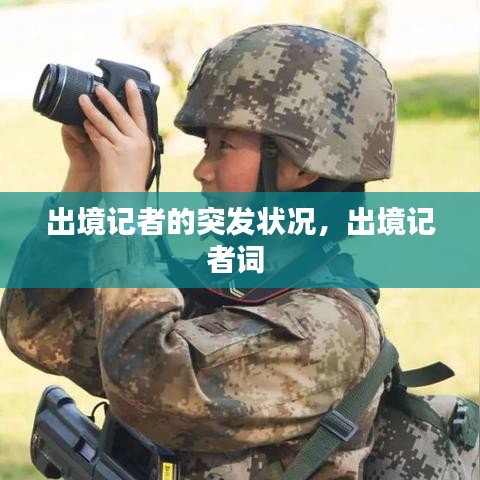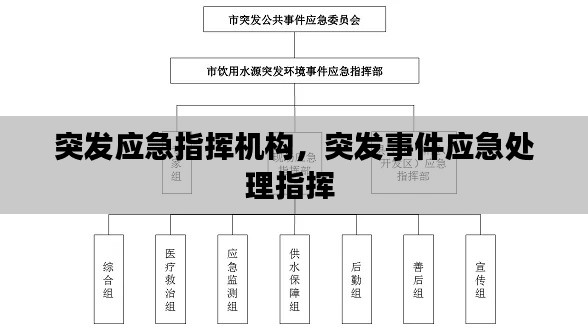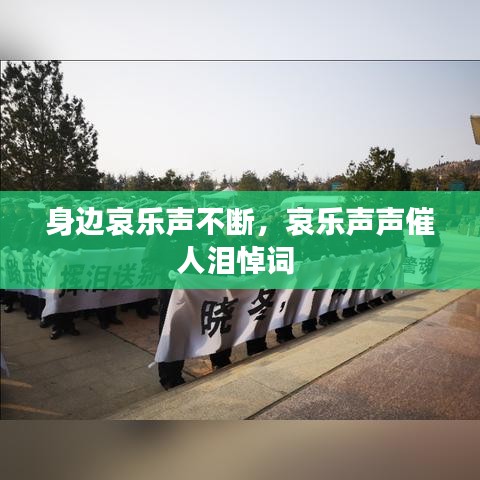<!DOCTYPE html>
<html lang="en">
<head>
<meta charset="UTF-8">
<meta name="viewport" content="width=device-width, initial-scale=1.0">
<title>Outbreak Situations for Overseas Correspondents</title>
</head>
<body>
<h1>Outbreak Situations for Overseas Correspondents</h1>
<h2>Introduction</h2>
<p>
As overseas correspondents, journalists often find themselves in the thick of global events. Their roles are crucial in providing accurate and timely information to the public. However, these roles come with inherent risks, especially when dealing with unexpected and often dangerous situations. This article delves into some of the common and critical突发状况 that overseas correspondents may face.
</p>
<h2>Health Emergencies</h2>
<p>
One of the most daunting challenges for overseas correspondents is dealing with health emergencies. Whether it's an outbreak of a new disease, such as Ebola or COVID-19, or a sudden epidemic, these situations can place journalists in immediate danger. The rapid spread of infectious diseases can lead to crowded hospitals, overwhelmed healthcare systems, and a scarcity of medical supplies. Correspondents must navigate these environments while ensuring they do not contract the illness themselves.
</p>
<p>
For example, during the COVID-19 pandemic, journalists had to balance the need to report accurate information with the risk of exposure. They had to wear protective gear, maintain social distancing, and sometimes work remotely to minimize their risk of infection. The psychological toll of these situations cannot be overlooked, as correspondents are often exposed to graphic scenes of illness and death.
</p>
<h2>Political Unrest</h2>
<p>
Political unrest, including protests, riots, and civil wars, can also pose significant challenges for overseas correspondents. These situations often result in a breakdown of law and order, making it difficult for journalists to operate safely. Threats to personal safety, censorship, and the potential loss of access to certain areas are common concerns.
</p>
<p>
In 2011, during the Arab Spring, journalists were caught in the middle of violent uprisings across North Africa and the Middle East. They had to navigate through chaotic scenes, often under the threat of gunfire and tear gas. The need to cover these events in real-time required correspondents to be resourceful and adaptable, often relying on local sources and networks to gather information.
</p>
<h2>Natural Disasters</h2>
<p>
Natural disasters, such as earthquakes, hurricanes, and floods, are another frequent source of sudden and critical situations for overseas correspondents. These events can destroy infrastructure, displace populations, and lead to widespread chaos. Journalists must often work in difficult conditions, such as extreme temperatures, limited access to communication, and the need to cover the aftermath of massive destruction.
</p>
<p>
The aftermath of the 2010 earthquake in Haiti served as a stark example. Correspondents had to work through the debris of collapsed buildings, often with little to no resources. They faced the daunting task of reporting on the human toll of the disaster while ensuring their own safety in the process.
</p>
<h2>Resource Scarcity</h2>
<p>
In many overseas reporting situations, resource scarcity is a significant concern. Limited access to food, water, and shelter can make it difficult for journalists to continue their work. They must often rely on the kindness of locals or international aid organizations to survive in these environments.
</p>
<p>
During the Ethiopian famine in the 1980s, correspondents had to endure harsh conditions while reporting on the plight of millions of people. The scarcity of resources forced them to be creative in their approach, often living off the land and relying on the support of local communities.
</p>
<h2>Conclusion</h2>
<p>
The job of an overseas correspondent is fraught with uncertainty and risk. From health emergencies to political unrest and natural disasters, they are often placed in situations that require bravery, resilience, and quick thinking. While these突发状况 can be challenging, they also provide journalists with the opportunity to tell important stories that can influence public opinion and drive change. The work of overseas correspondents is a testament to the enduring commitment of journalists to inform and connect people across the globe, even in the face of adversity.
</p>
</body>
</html>转载请注明来自大石桥市北方行道树种植有限公司【官网】,本文标题:《出境记者的突发状况,出境记者词 》
百度分享代码,如果开启HTTPS请参考李洋个人博客














 蜀ICP备2022005971号-1
蜀ICP备2022005971号-1
还没有评论,来说两句吧...